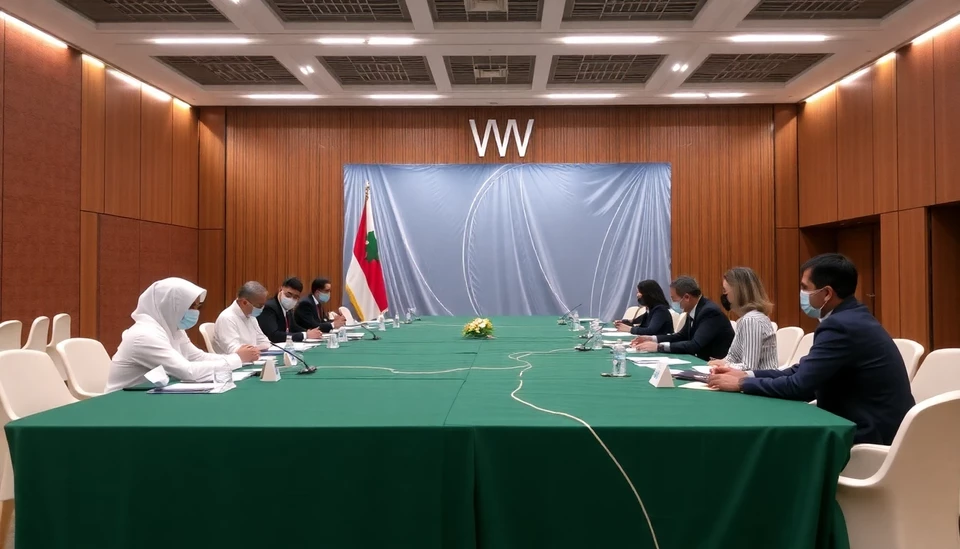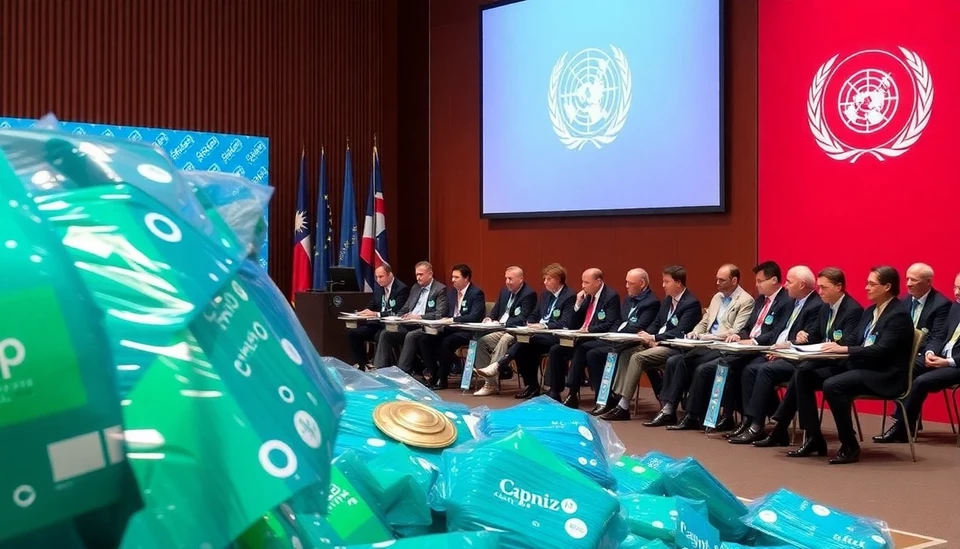
As negotiations for a global treaty aimed at tackling the escalating plastic crisis intensify, representatives from various nations are gathering to finalize key agreements. The discussions, taking place in Malta, mark a pivotal moment as the world looks to establish a framework to combat plastic pollution, a pressing issue that affects ecosystems and human health alike.
The urgency of the situation cannot be understated. Plastic production and waste have surged, leading to significant environmental degradation. Every year, millions of tons of plastic end up in oceans, rivers, and landscapes, harming wildlife and contributing to climate change. The proposed treaty seeks to create legally binding commitments that would hold countries accountable for their plastic production and waste management practices. However, stark divisions among nations threaten to derail progress.
Developing nations, often the most affected by plastic pollution, are emphasizing the need for financial and technical support from wealthier countries. They argue that without external assistance, it will be nearly impossible to meet any ambitious goals set forth in the treaty. On the other hand, developed nations are advocating for self-reliance and more stringent regulations, hesitant to take on additional financial burdens.
The discussions have seen various proposals on the table, including measures to reduce single-use plastics, enhance recycling technologies, and enforce stricter environmental standards. However, the divergence in priorities makes consensus difficult. Some countries prioritize economic growth and industrial development, while others focus on environmental protection and sustainable practices.
One of the key sticking points in the negotiations has been the debate over binding versus non-binding commitments. While some nations are pushing for enforceable regulations with specific targets, others feel that non-binding agreements provide the flexibility needed to adapt to their unique circumstances. This division represents a significant challenge as delegates strive to balance ecological imperatives with economic realities.
As the talks progress, observers note the dichotomy between vocal advocates for stronger environmental measures and those who argue for less stringent policies for the sake of economic growth. Environmental activists urge negotiators to take bold actions, emphasizing that without stringent measures, the treaty could be rendered ineffective.
The tension is palpable, as on the ground in Malta, smaller nations express increasing frustration with the slow pace of negotiations. Stakeholders worry that if real progress is not made, the treaty might fall short of its potential, leaving many countries without the support necessary to tackle plastic pollution effectively.
With the world at a critical juncture, the outcome of these discussions may have profound implications. The hope is that nations can find common ground to forge a comprehensive treaty that will not only mitigate plastic pollution but also lay the groundwork for sustainable practices for future generations.
As the conference nears its conclusion, the window for reaching an agreement is narrowing. Leaders worldwide are watching closely, hoping for a breakthrough that could signal a new era in the fight against plastic pollution.
In conclusion, the ongoing negotiations highlight the complexity of global cooperation in addressing environmental challenges. The stakes are high, and the world is eager for a solution that addresses both ecological and economic concerns.
#PlasticTreaty #Sustainability #EnvironmentalImpact #GlobalNegotiations #PlasticPollution
Author: Megan Clarke
